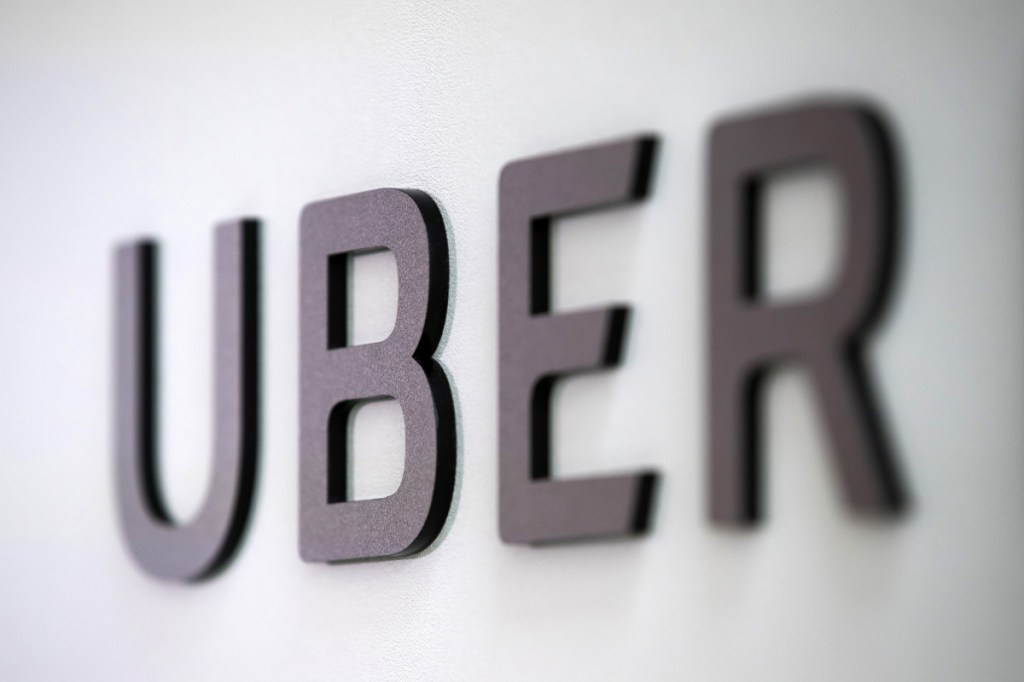Uber Technologies Inc. drivers suffered a major defeat in one of the gig economy’s most closely watched labor fights with a ruling barring hundreds of thousands of drivers from suing as a group for better pay and benefits.
Tuesday’s decision by a federal appeals court in San Francisco wasn’t unexpected after the U.S Supreme Court in May bolstered the power of employers to force workers to use individual arbitration instead of class-action lawsuits.
A lawyer for the drivers vowed to keep fighting Uber’s business model – common in the sharing economy – that classifies drivers as contractors instead of employees.
“Thousands of drivers have already signed up for individual arbitration,” Shannon Liss-Riordan said in an emailed statement. “If Uber wants to resolve these disputes one by one, we are ready to do that – one by one.”
Uber spokesman Matt Kallman said the company is pleased with the court’s decision.
Liss-Riordan sued Uber in 2013 and the case grew to represent as many as 385,000 current and former drivers in California and Massachusetts when a San Francisco judge granted class-action status.
But in 2016, just weeks after the judge rejected a $100 million settlement of the suit, the San Francisco appeals court ruled in a different case that Uber’s arbitration agreements with drivers are largely valid and enforceable. The same panel decided Tuesday’s appeal, also in Uber’s favor.
Along the way, the Uber drivers lost the federal government as an ally when the Trump administration withdrew support filed on their behalf by the National Labor Relations Board during the Obama administration. The Trump administration said the board’s previous position was “no longer sustainable” under the May Supreme Court ruling.
The dispute about the status of Uber drivers is far from over, said Charlotte Garden, a law professor at Seattle University.
“The legal landscape for California drivers has improved, because the California Supreme Court recently adopted a relatively employee-friendly test to separate employees from independent contractors in at least some types of workplace claims,” she said in an email.
Classifying drivers as contractors saddles them with expenses, such as car mileage and maintenance while the company saves money by avoiding the cost of benefits including sick leave and health insurance.
The appeals court case is O’Connor v. Uber Technologies Inc., 15-17420, U.S. Circuit Court of Appeals for the Ninth Circuit (San Francisco). The lower-court case is O’Connor v. Uber Technologies Inc., 13-cv-03826, U.S. District Court, Northern District of California (San Francisco).
Send questions/comments to the editors.



Success. Please wait for the page to reload. If the page does not reload within 5 seconds, please refresh the page.
Enter your email and password to access comments.
Hi, to comment on stories you must . This profile is in addition to your subscription and website login.
Already have a commenting profile? .
Invalid username/password.
Please check your email to confirm and complete your registration.
Only subscribers are eligible to post comments. Please subscribe or login first for digital access. Here’s why.
Use the form below to reset your password. When you've submitted your account email, we will send an email with a reset code.